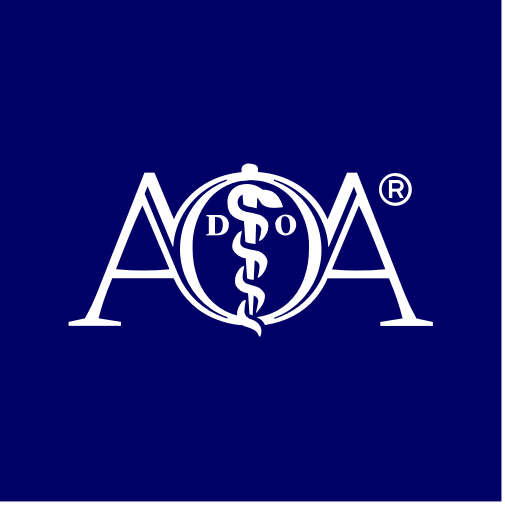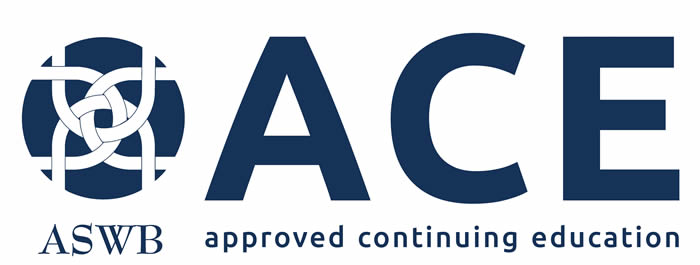
COURSE CREDITS & HOURS
16 AMA PRA Category 1 Credits™16 ACPE Credits
16.0 Contact Hours
12 Hours of Pharmacology for Nurse Practitioners
16 CE Credits for Psychologists
16 ASWB ACE Credits
COURSE FEES
TARGET AUDIENCE
PROGRAM PURPOSE
The lectures presented at this activity will provide the attendee with a thorough update of knowledge and appreciation in mental health in women and people with substance abuse disorders and addiction. Participants will leave this activity to with new skills and strategies to diagnose and treat these conditions using a team based approach
- Eating Disorders
- Diagnose eating disorders & understand biopsychosocial approaches for these conditions
- Know how to diagnose key eating disorders as well as ways a primary care provider can begin treatment for such conditions leading to comprehensive intervention
- Suicide & Risk Assessment
- Adequate knowledge about suicide and related risks
- Conduct a clinical assessment of suicide risk and initiate appropriate management to appropriately mitigate clinical risk concerns
- Violence & Risk Assessment
- Adequate knowledge about violence and its related risks
- Conduct a clinical assessment of violence risk and initiate appropriate management to appropriately mitigate clinical risk concerns
- Initial Screening & Intervention for Substance Use Disorders (SUDs)
- Apply an evidence-based approach to substance abuse disorders
- Utilize an integrated systematic approach to assess & intervene with regard to SUDs in primary care settings
- The Opioid Crisis: Practicing with a Risk Management Mindset
- Appreciate the need for understanding patient & medication related factors increasing the risk for opioid overdose
- Describe factors contributing to the opioid crisis & know approaches to safe prescribing for opioids with a focus proper risk management considerations
- A Primer on Addiction Psychopharmacology for Primary Care
- Appreciate current formulations regarding the nature of addiction & available medical interventions
- Utilize evidence-based medication interventions for the management of SUDs & addiction
- Managing Chronic Pain & Addiction
- Identify Risk factors for chronic pain & psychiatric co-morbidity
- Identify collaborative approaches for comprehensive pain evaluation & management in the context of substance addiction including effective non-opioid treatment options for long-term pain management
- Novel & Emerging Substances of Abuse
- Appreciate the dangers of novel & newer substances of abuse
- Define & recognize the spectrum of newer, synthetic substances of abuse & cite the clinical features of intoxication & withdrawal with novel drugs
- Reproductive Psychiatry: 2023 Update and Overview
- Describe key parameters of the field Reproductive Psychiatry in 2023 and why it is relevant today
- Define the role of Neuroactive Steroids (NAS) in both the etiology and the treatment of psychiatric conditions in the female patient
- Depression Across the Female Reproductive Cycle 1: Focus on PMDD, PME and Menopause
- Identify the hormonal effect on depression in the non pregnant female
- Describe diagnostic criteria for PMDD and hormonal and non hormonal interventions
- Depression Across the Female Reproductive Cycle 2: Focus on Perinatal Depression
- Recognize unique features to consider in the diagnosis and treatment of perinatal depression
- Identify and become comfortable using with at least three screening tools for PMADs
- List several biopsychosocial risk factors for PMADs
- Beyond Postpartum Depression: Diagnosis and Treatment of Perinatal Anxiety Disorders
- Identify which anxiety disorders most commonly present in the perinatal period
- Describe the role of estrogen, progesterone and oxytocin in the etiology of these disorders
- Bipolar Disorder in Women: Meeting the Challenge 1: Managing Bipolar Disorder in the non-pregnant female patient
- Describe evidence-based management of bipolar disorder in women
- Identify how hormonal treatment may impact course of disorder as well as treatment options
- Bipolar Disorder in Women 2: Meeting the Challenge 2: Managing Bipolar Disorder during Pregnancy and Postpartum
- Describe options for treatment of bipolar disorder during pregnant and postpartum to optimize safety of mother and infant
- Discuss with your patient the risk/benefit ratio of the use of psychotropics during the perinatal period
- Diagnose sexual dysfunction in females (FSD) using DSM-5 terminology.
- Identify common barriers in identification of FSD in clinical settings
- Develop a treatment plan for women with FSD
- Evidence Based Approaches to Female Patients with Low Libido
- Describe 3 behavioral interventions for the female patient with low libido Describe both hormonal and non hormonal treatments for low libido in females

















 Credit Designation for Social Workers: As a Jointly Accredited Organization, Continuing Education, Inc is approved to offer social work continuing education by the Association of Social Work Boards (ASWB) Approved Continuing Education (ACE) program. Organizations, not individual courses, are approved under this program. Regulatory boards are the final authority on courses accepted for continuing education credit. Social workers completing this course receive 16 Clinical continuing education credits.
Credit Designation for Social Workers: As a Jointly Accredited Organization, Continuing Education, Inc is approved to offer social work continuing education by the Association of Social Work Boards (ASWB) Approved Continuing Education (ACE) program. Organizations, not individual courses, are approved under this program. Regulatory boards are the final authority on courses accepted for continuing education credit. Social workers completing this course receive 16 Clinical continuing education credits.









































